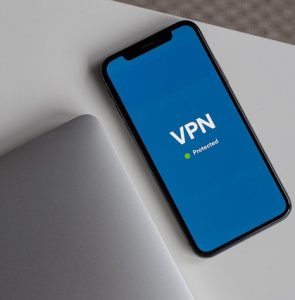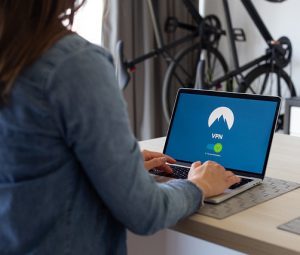You might have heard of this at least ten thousand times, or have seen it while browsing YouTube (looking at you, LinusTechTips), or any single torrent site. VPNs are almost mandatory today, if you want to stay safe and anonymous online, even from your own ISP. But isn’t your connection safe enough? Why do you need something else to make things better and safer?
You don’t, but adding another layer doesn’t hurt your chances, unless there is a data breach. But, sticking to the popular brands should keep you safe online, and they are extremely easy to use, unless you set them up yourself (in which case, it is assumed that you already have some knowledge on VPNs).
Here is everything you need to know about VPNs.
Virtual Private Networks – How They Work

A VPN acts as an intermediary, a safe one. Instead of directly connecting to a site, let’s say, Volvo, you first connect to your VPN, which makes it seem that your computer is on the local network. While it directly isn’t, your connection and all of your data goes through the VPN, a layer of encryption. Volvo thinks you are in the country the VPN is, for example, the United States. You are automatically transferred to the US site, instead of the German one, if you are actually in Germany.
This can be helpful in many situations, from going to sites which are geo-blocked, to making sure your own service provider doesn’t see everything you are doing. This is great when you want to go to the forbidden side of the internet, for example to download torrents and files which you are not meant to download unless you purchase them.
Which VPN is the Best?
This is a question best left to the reviewers. No VPN is actually 100% safe, even though some can be considered so, given that the computing power needed to break their encryption would need to be extraordinary. There are always ways of exploiting a VPN, for example in October of 2019, NordVPN, one of the biggest VPNs in the world, got hacked. They admitted to it and they are working on a solution. In layman terms, their key got leaked and anybody with enough knowledge could imitate their servers and intercept lots of data.

There are commercial VPNs which you can download, like TunnelBear or ExpressVPN, which come with simple instructions and are easy to use. They are also paid, so you do have to pay for your protection/anonymity.
On the other side, you have open source VPNs, which are amazing if you’re willing to do things on your own. They are often easy to use, as most software today is, but they are neither as fast nor as foolproof as people would like them to be. As with most open source software, it is aimed at people who are a bit more knowledgeable about software and computing, in general. It is recommended to buy a commercial VPN if you feel uncomfortable setting up an open source one.
VPNs are a safe gateway to internet browsing. They are amazing if you want to hide yourself or present yourself as if you were from a different country. They are also good if you want another layer of protection between you and the many hackers out there.

